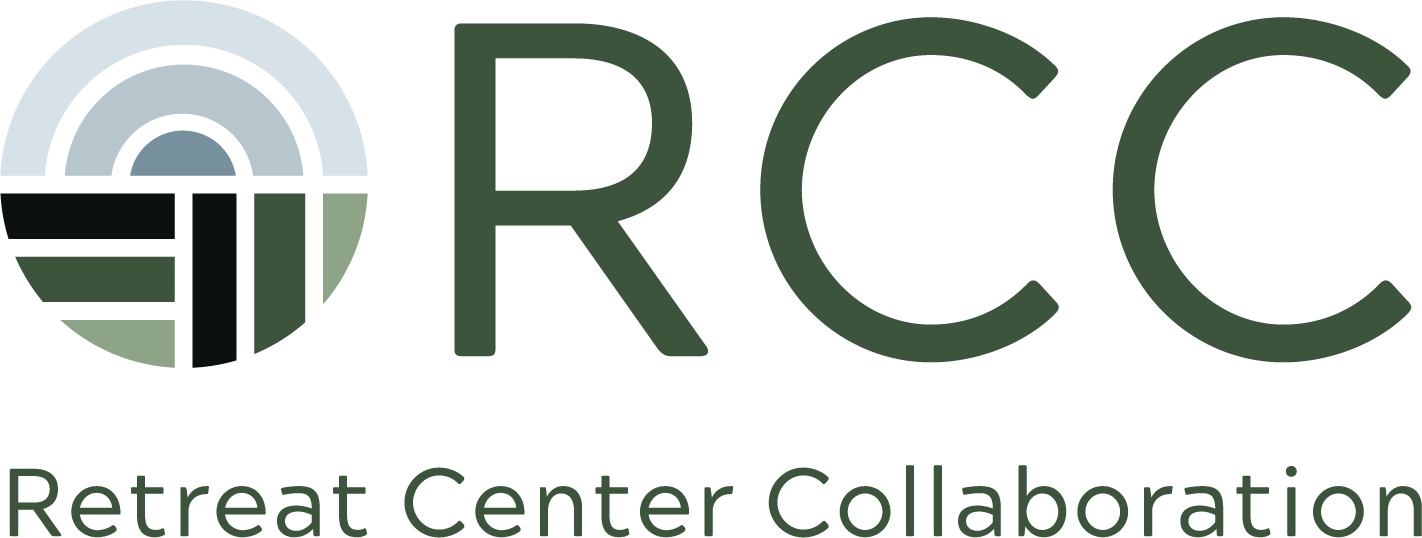Retreat Programming
On this community call, participants dove into a peer-support discussion about the latest trends in retreat programming. They named the trends they’ve been seeing and compared notes with peers who are doing similar work at a similar scale. They explored how centers navigate “scaling up” their programs, and looked at other alternative approaches to onsite programming.
View the full meeting video by clicking the image above.
Or scroll down for takeaways from the conversation.
Reviewing Programming Trends
Responses to the 2023 RCC Community Survey identified programming topics that are showing increased demand this year. According to community responses, right now retreat-goers are most interested in programs centered around resilience, somatic and embodied practices, and trauma response.
Respondents also identified other areas of programming interest unique to their centers, including “healing,” “retreats for BIPoC,” “grief,” and “nature experiences.”
Holding Space for Trauma (Without Promising Too Much)
With the increased interest in retreats centered around trauma, retreat centers are asking how best to hold space for people in need of healing—without promising services they aren’t equipped or licensed to provide.
Offer education, not treatment - One center has found they can teach concepts for addressing trauma without directly offering therapeutic services. They teach ways to understand trauma and apply learning without going deeply into participants’ personal history.
Be mindful of regulations - A center may have experts on staff who can offer gentle, trained support for guests; but even the appearance of offering therapeutic, healing, or medical services may subject a center to different regulations. Be aware of the regulations that apply in your area.
Communicate what your center can and cannot offer - Most centers do not have the capacity to address trauma-related issues. It’s best to communicate these limitations with staff and guests up front.
Vetting Facilitators and Hosted Programs
Along with questions about holding space for trauma, retreat centers are asking how best to ensure their facilitators and hosted programs are safe and supportive for guests.
People are often recovering from unhealthy relationships with spiritual teachers who have abused their trust or who have acted unethically. Retreat centers have a responsibility around not directing people towards leaders or groups who may take advantage of them.
One center addresses the need for moral and ethical alignment with three different categories of intake:
Sponsored programming - The center develops, offers, and promotes their own programs directly, in alignment with their organization’s mission and values.
Hosted programming - The center offers and promotes programs that are in alignment with their organization’s mission and values. The center provides an online intake form that asks the incoming groups/facilitators pertinent questions to ensure alignment.
Facility rentals - The center offers rentals of their buildings and grounds, but they do not promote the program. It is advisable that retreat centers conduct a cursory review of organizations and programs that rent the site. Even if you’re not promoting an event, your center’s name and integrity could still be attached to independent promotional material.
Other centers have pre-established relationships with their hosted groups. Some centers vet their programs with a programs committee before sending them to the board for approval. Catholic centers often have Catholic speakers vetted by the local diocese to make sure they are in alignment with their religious doctrine and beliefs.
Breakout Room Takeaways
One person noted an increasing interest in cosmology programs. In the Catholic context, these programs explore how to connect scientific and religious understandings of the universe in new ways.
One center recently hosted a retreat with both English and Spanish language options. Centers are looking for strong models to do this kind of programming well.
Hybrid programming has mixed reviews. There is a need for appropriate equipment and support staff who can work the technology well. It’s helpful for participants to have met one another in person to build meaningful connections online.
One person is wondering what kind of long-term programs (lasting a year or so) retreat centers are offering other than spiritual direction.
Notes and Audio
Follow the link below to access PDFs, audio, and additional meeting notes.
Join the Discussion
Do you work at a retreat center? Would you like to connect with the RCC community for more insights and support? Find out about upcoming events.
Attend the next Community Call by subscribing to our mailing list.
Join our private Facebook group to connect with other retreat center professionals, learn, share, collaborate, and socialize together.



